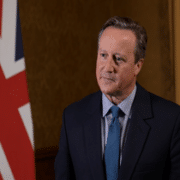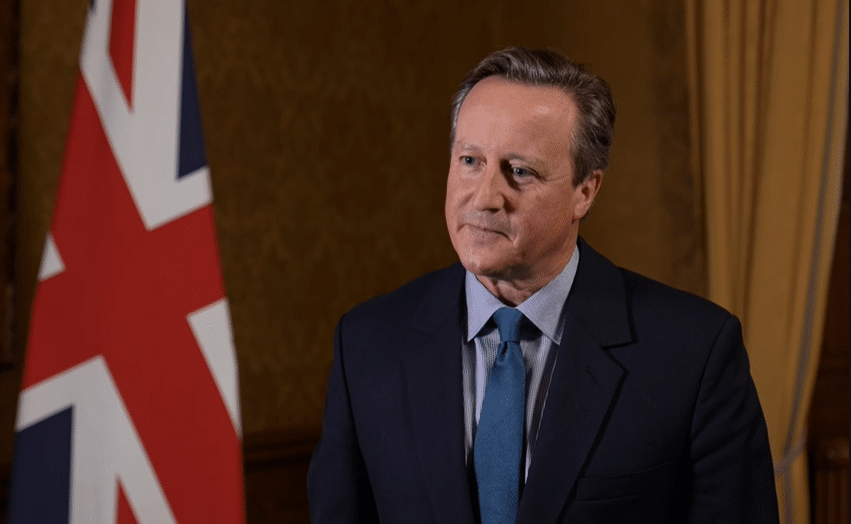Why Sometimes You Cannot and Should Not Answer a Journalist’s Question
‘I don’t want to be like one of those politicians that never answers a question.’
It is something we hear from almost everybody we media train. And we understand why so many would hate to feel they were behaving ‘like a politician’.
In fact, once trained by us, any spokesperson will know that one of our rules is you should always say something to a journalist’s question, even if it is simply ‘That is not a question for me’ or ‘Sorry, that is not something I can reveal today’. In business interviews as opposed to political interviews, this is nearly always enough to stop a journalist pursuing the issue.
In this post, I will explain why, despite the immediate viewers reaction, sometimes the only sensible thing to do is not answer a question. Last week, we saw a crystal-clear example of this when BBC Political editor Chris Mason spoke to newly appointed foreign secretary and former Prime Minster, David Cameron.
In this short clip (the second on the web page), Mason asks Cameron about his commercial activities after leaving office, in particular lobbying for the bank Greensill. Mason reminds Cameron that a parliamentary enquiry found he had shown a ‘significant lack of judgement’ in sending more than 60 text messages to former colleagues in the government, lobbying on behalf of a bank that later collapsed. If you need a reminder of this story the Guardian has a good summary here.
The clip shows that Cameron first ignores the Greensill point answering a different part of the question, about what he has been doing since stepping down as PM. And then at the second time of answering, he says: ‘I think all those things were dealt with by the Treasury Select Committee and by other enquiries at the time. As far as I am concerned all that has been dealt with in the past and I now have one job as Britain’s Foreign Secretary …’
This is a classic example of a politician refusing to properly address a question, probably annoying half of the viewers. But let’s look at the other options.
Cameron could have said any of the following …
‘I agree I showed a lack of judgement and I apologise ….’
‘I understand that some people felt my behaviour was not as it should be, but I was operating within the rules …’
‘At the time Greensill was making a contribution to the UK economy and I have no regrets…’
There are many more options but any one of them would have guaranteed 24 hours of headlines about an issue that most people can, at the moment, only barely remember. This would be disastrous at the start of his new job as Foreign Secretary, and could easily dominate his time in the post.
Cameron is a skilled media operator; he knew this question was coming and will continue to come. He knows exactly how he will handle it. He holds a poker face, he shows no embarrassment (or even amusement), he does not change his reasonable tone, but he says absolutely nothing quotable about Greensill or his judgement. In short, he refuses to answer or even address the question.
As a result, there were no headlines, almost no comments and the news coverage was dominated by other aspects of the story.
He would be naive or a fool to do anything else.
Photo from screengrab
- A Behind-the-Scenes TV Cheat… and Why It Works - November 26, 2025
- What Should I Do With My Hands? - November 19, 2025
- A Jar of Marbles and the Power of a Simple Story - November 12, 2025





Leave a Reply
Want to join the discussion?Feel free to contribute!